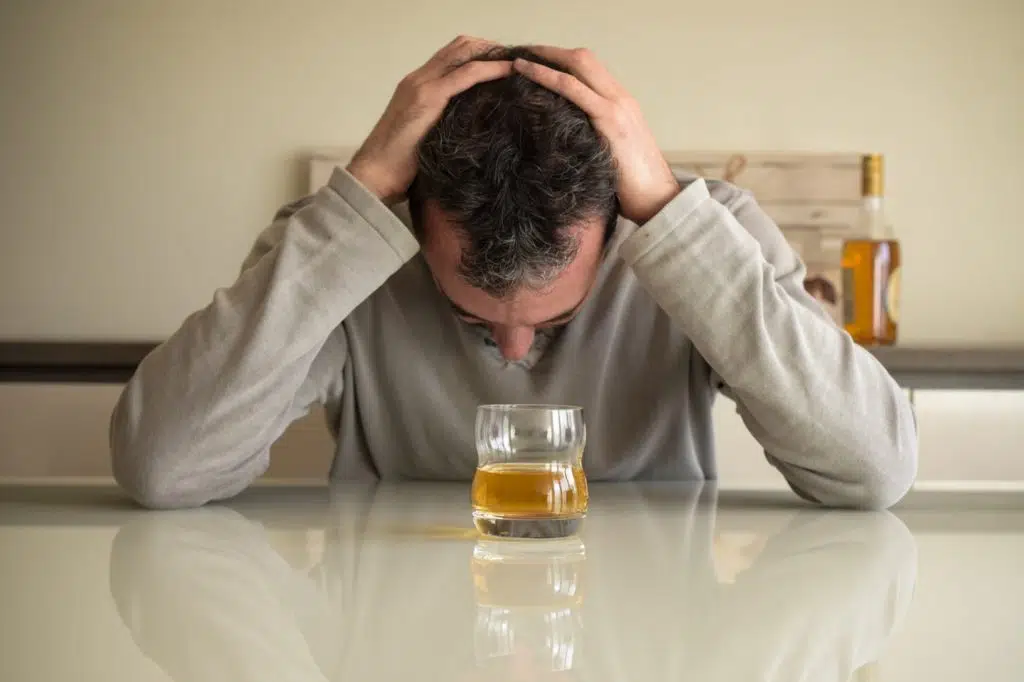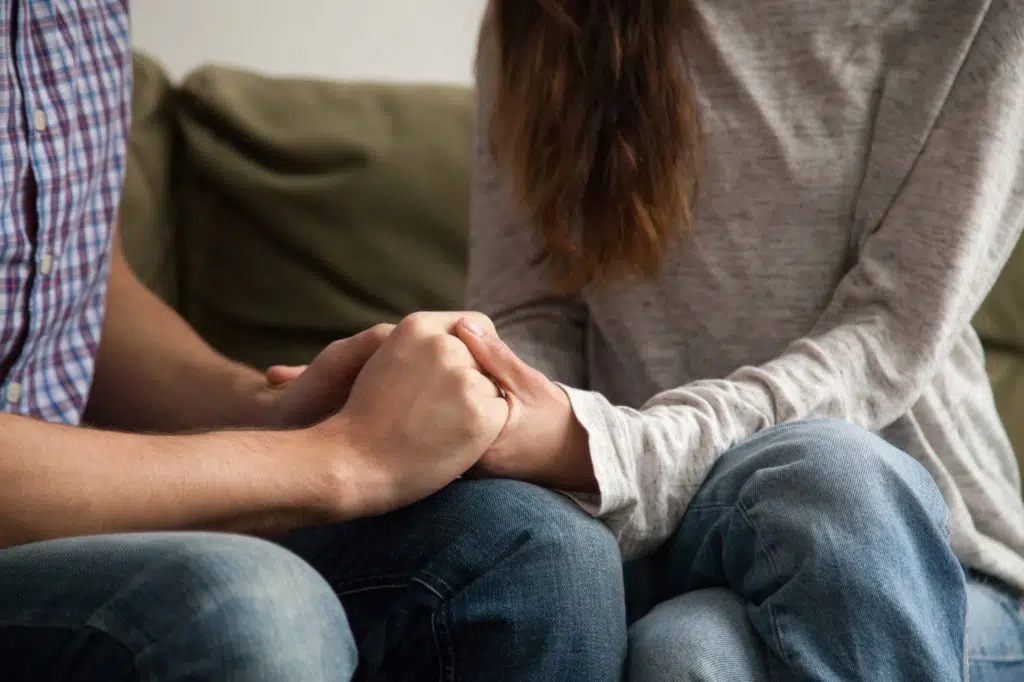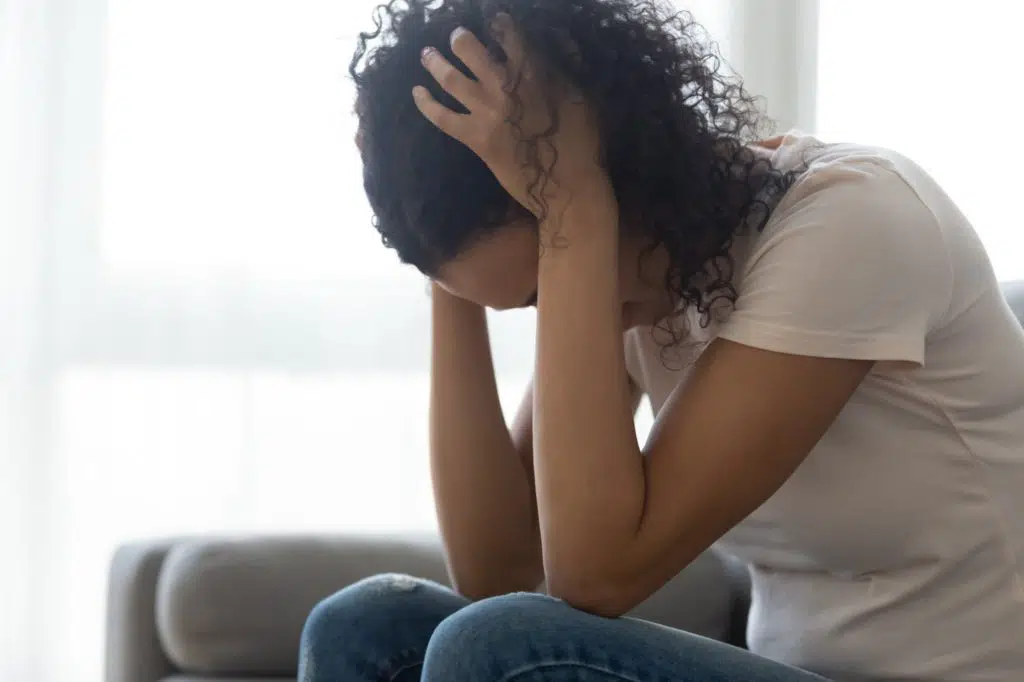For the last seven months, people everywhere have been trying to cope with the life-altering reality of a global pandemic. COVID-19 has changed everything from the way we shop to the way we interact with each other. Masks are commonplace, hand sanitizer is the latest accessory, and we’re at home more often than ever.
How are you feeling?
If you said depressed, anxious, stressed, lonely or isolated, then you are not alone. According to a recent Census Bureau survey of 42,000 American adults, 24 percent reported significant symptoms of major depressive disorder and 30 percent reported symptoms of generalized anxiety disorder. In short and as a result of COVID-19, mental health in America is at risk.
How to maintain mental health during COVID-19
It’s important to stay mentally healthy during the COVID-19 health crisis. These self-care strategies can help you cope:
- Get plenty of sleep
Adults 18 years and older need between seven and nine hours of sleep each night. Try going to sleep around the same time every night. This will help your body establish a healthy circadian rhythm and promote brain wave activity, hormone protection, cell regeneration and other important biological processes that help you feel mentally and physically healthy. - Exercise regularly
Increasing your heart rate through physical activity for at least 30 minutes every day will help reduce anxiety, depression, negative moods and improve self-esteem as well as cognitive function. Daily exercise has also been shown to alleviate symptoms of low self-esteem and social withdrawal. - Eat healthy meals and snacks
Fill your plate with whole grains, leafy green vegetables, fresh fruits and lean meats to help improve your overall mood and general feelings of happiness. Fueling your body with healthy foods can also reduce feelings of depression. - Avoid tobacco, alcohol and drugs
Tobacco can cause physical symptoms like headaches and lead to irritability or anxiousness. Drugs and alcohol disrupt your brains communication system and actually act as a nervous system depressant and may also trigger anxiety and depression. - Limit screen time
Adults who spend four hours or more in front of a screen are more likely to suffer from depression. It is also important to be mindful of the type and amount of news you are consuming to protect yourself from COVID-19 mental health-related issues. - Do something you enjoy
Spending time on a hobby or activity you enjoy can improve your mental health and well-being. In fact, people with hobbies are less likely to suffer from stress, low mood and depression. Go outside and do something you love to feel happier and more relaxed.
We understand how difficult it can be to feel happy during these unprecedented times. We want you to know that it’s OK to not be OK right now—but you shouldn’t struggle with negative feelings or emotions that keep you from your daily activities. If you’d like to know about the COVID-19 mental health resources or services available at Miramar Recovery, please call our skilled specialists at (949) 691-5036.



